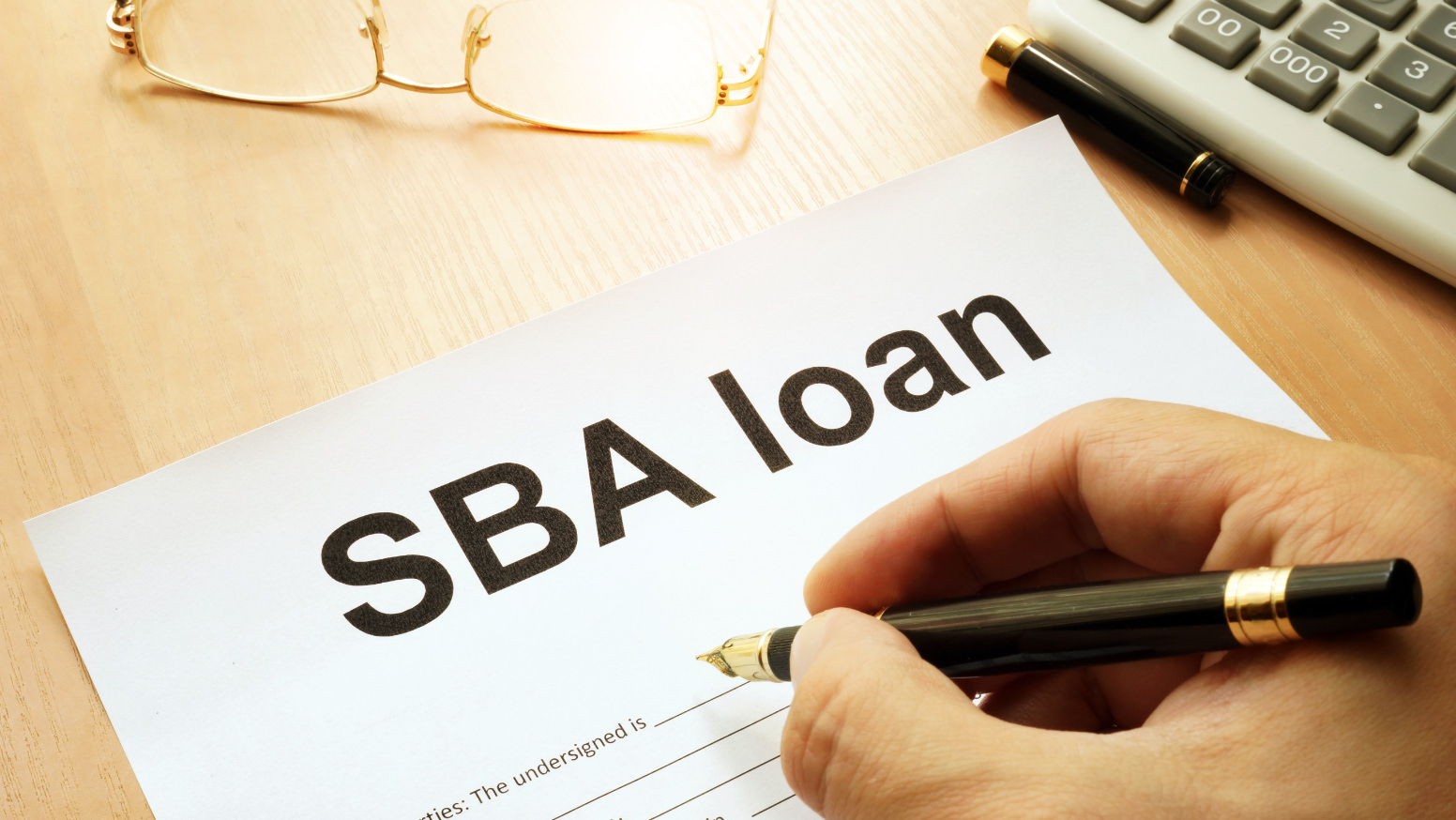What is a CDC/504 Loan?
The Small Business Administration (SBA) has a loan program know as the “504 program”. The 504 program helps small business owners purchase commercial real estate (e.g., a hotel/franchise or a small office building). Unlike the 7(a) program that incentivizes private lenders to help small business by partially guaranteeing their loans, the 504 program is a hybrid.
Under the 504 program, the the borrower has two loans: one to a private lender and another to a Certified Development Company (CDC). In such scenarios, the real estate is financed by a conventional loan that is not guaranteed by the SBA; this lender covers 50% of the project. The second player is the CDC, a nonprofit company acting as a conduit for SBA funds, and it funds 40% of the project; this loan is 100% guaranteed by the SBA. The remaining 10% of the project is funded by the borrower.
In a CDC/504 Loan, the private lender takes a first position lien on the real estate while the CDC takes the second position lien. In the event of a default, a short-sale or foreclosure will usually result in proceeds sufficient to pay off all or nearly all the private lender. I say “usually” because as some of my colleagues have pointed out, real estate in some markets has taken a nose dive.
I am current with the bank, but months behind with the CDC, why aren’t they foreclosing?
The short answer to the question is that your first lender is not in monetary default, so they are unlikely to foreclose on the basis that you have defaulted another obligation, although in some cases breaching loan covenants and representations and warranties will stir a bank to action.If the second lien holder files a foreclosure action, the sales proceeds must still be applied in order of lien priority. Therefore, if the CDC sees that it will not reap enough to make foreclosure worth it, then why foreclose at all. In many cities market conditions for certain types of commercial real estate are so bad that the CDC simply cannot foreclosure. This posture is then assumed by the SBA once the guarantee to the CDC is paid and the SBA assumes actual ownership of the Note and Security Agreement plus the attendant personal guarantees.
If the SBA won’t foreclose, why do I need to worry?
Although foreclosure may not be in the cards for you, that is not to say the CDC won’t sue the borrower and/or pursue the guarantors. And, if they choose not to do so, the SBA still can once the guarantee payment to the CDC has been made. An SBA Offer in Compromise (OIC) may be an available option. If initiated early an OIC can sometimes provide hapless guarantors an opportunity to walk away from a mountain of debt for a relatively modest percentage of what was owed. But, a settlement is not foregone conclusion. The SBA will expect you to dig deep and make a serious offer, otherwise a quick rejection often follows.
Remember, if the SBA cannot collect, then they will send the bad debt to the Treasury Department for collection where a 28% one-time collection fee will be added to the debt. In addition the Treasury Offset Program (TOP) will begin to review the file and take action, including tax refund intercept and offset of social security benefits if you are already receiving them. And, if that is not enough, and you are gainfully employed, you will likely be the recipient of a federal wage garnishment order that can remain in effect continuously until the debt is paid in full.

